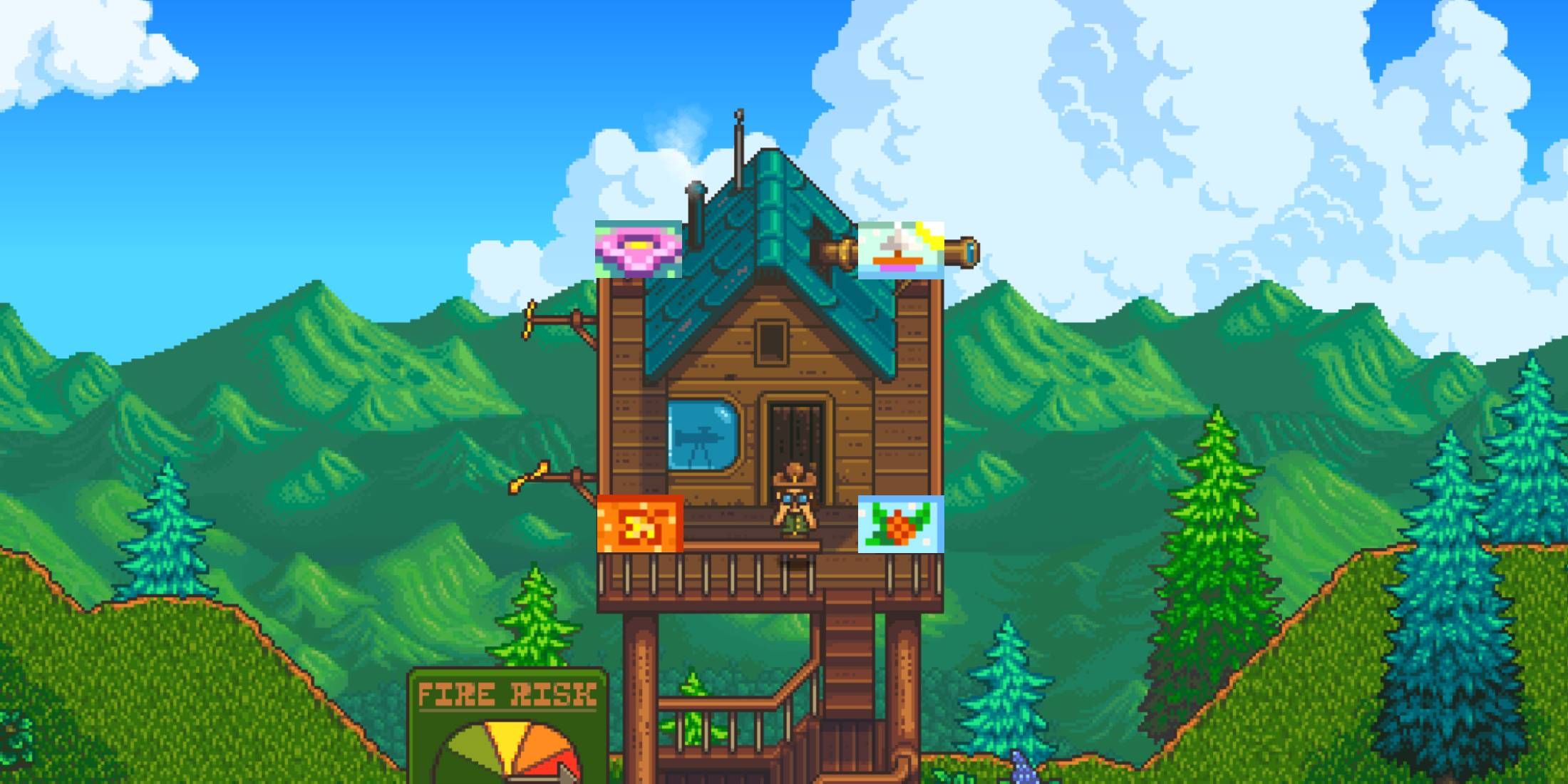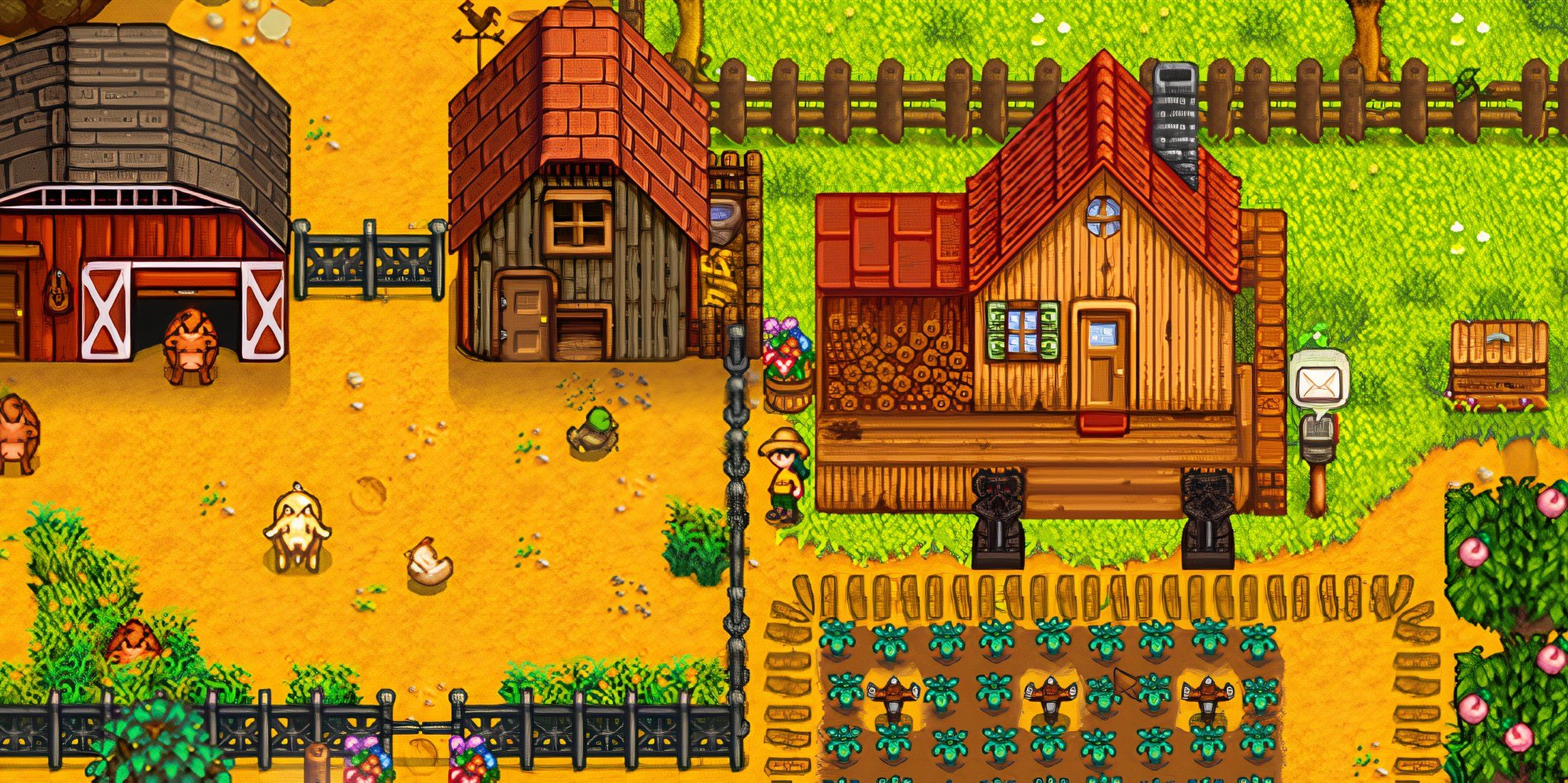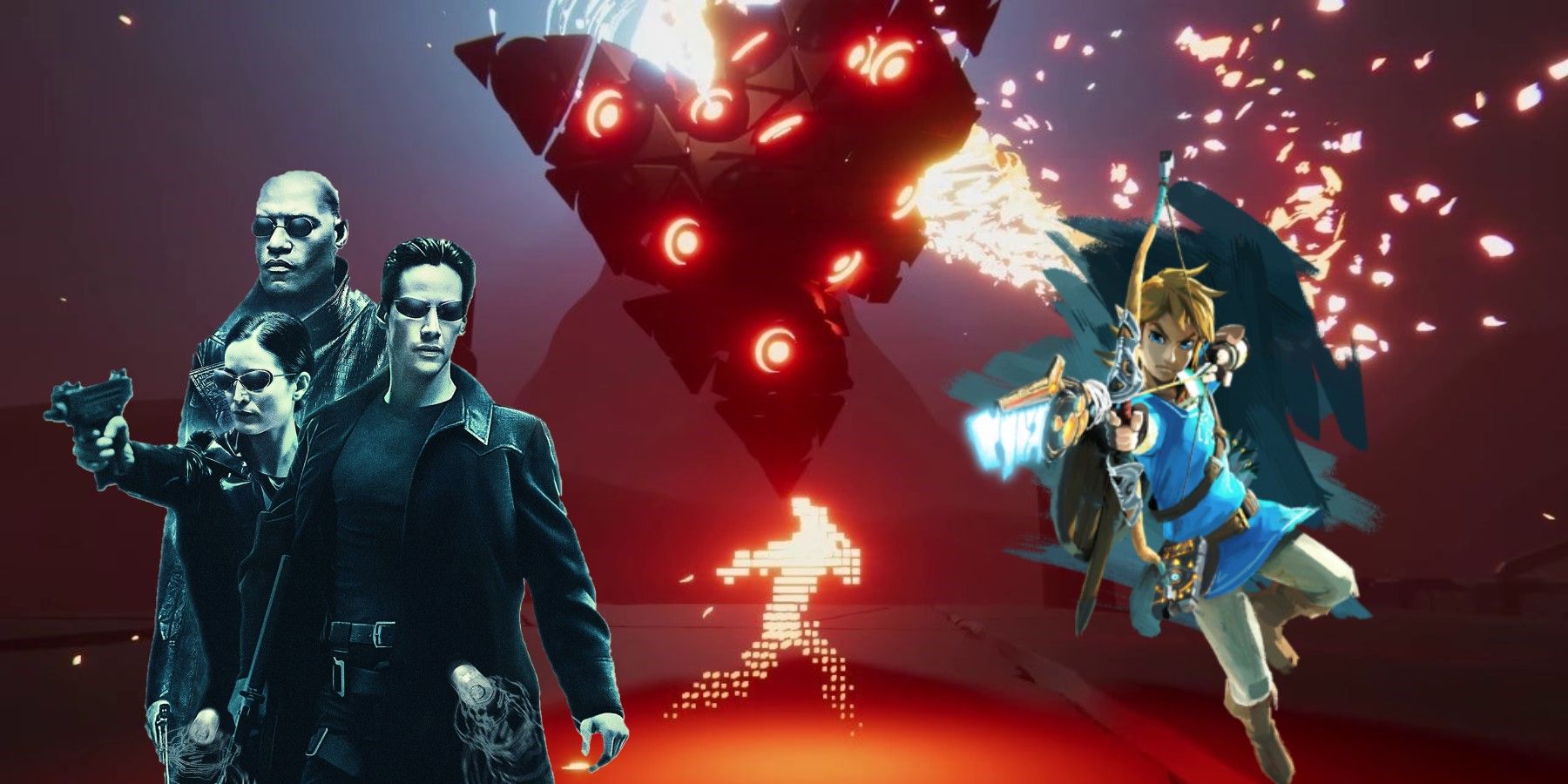Recompile is a new title from Phigames that just was just released today, and it packs stunning visuals, a perfect blend of different genres, and plenty of creative ideas. Game ZXC talks with Phi Dinh about what making Recompile was like, and what makes it so unique and yet so reminiscent of a plethora of media, ranging from Tron to Hollow Knight, also including books and films that discuss the possibilities of AIs in the future. As such, there is a lot to Recompile. Fans of Metroidvania titles and open-world explorative games, like the Zelda franchise, will find in Phigames' new creative endeavor many familiar elements that mix the best of both worlds to make something that's balanced in terms of players' freedom and gated progression.
For starters, Dinh always wanted to make a game that was played from the inside of a computer or in the virtual world, a desire that stems from the dev's favorite movies and books as a kid. The influence of Tron is obvious, with all the glowing particles and the way the world is built, but there are more sources of inspiration that played a part in how Recompile came to be and why it was designed to be a story with two sides to it, and also multiple endings. A very interesting detail about the story of the game is that the events of Recompile take place in one second of real-life time, as the virus - the main character, hero of the story - tries to hack into a system, but in the 'outside world' this is humanity's last stand to save itself from extinction.
What Inspired Recompile
Dinh always wanted the game to have gated progression and to be more in line with the Metroidvania genre, but as the developer found himself playing more open-world games, he saw the potential in making Recompile a balanced mix of the two. This is far from easy to achieve, as one of the selling points for games the caliber of Breath of the Wild is that players can do whatever they want in the world because it's at their disposal, and yet even Zelda games are no strangers to locking progression behind story advancements. In the words of Dinh:
You give players ways to explore without being forced down a specific route, but you also give them gated elements to prevent them from straying too far. It's a tricky balance to achieve, but I really hope that Recompile manages that.
As for The Matrix, while the obvious inspiration may seem the franchise's setting, what truly stood out the most to Phigames when making Recompile was how rich and powerful its visual effects are. This translates into the game featuring incredible explosions that look different every time, and that's because they are not selected from a few animations available, but rather things are made up of lots of smaller bits that have physics and bounce off the floor. Even the ground ripples as the hero of the story crash-lands on it, and this plays very well in terms of haptic and visual feedback.
I think The Matrix is very inspiring. I think it's one of the best visually-intense action movies that I've ever seen, and I really wanted to replicate that. We didn't want the enemies to explode and add a little particle effect on there. Every tiny little bit of armor, the eye, they all separate when you destroy something.
The sci-fi elements are also very strong in Recompile, and Dinh found a source of inspiration in the work of Iain Banks, specifically The Culture series. These stories explore the symbiotic relationship between sentient artificial intelligences and humanoids, as they colonize space together and form a special bond. This is very different from other AI-related media, like Terminator, where instead the AI kills the humans and hunts them down. Thus, Recompile became an existential game that combines satisfying aesthetics with fun gameplay and deep questions about the future of the human race and technology itself.
Recompile is available now on PC, PS5, and Xbox Series X/S.




